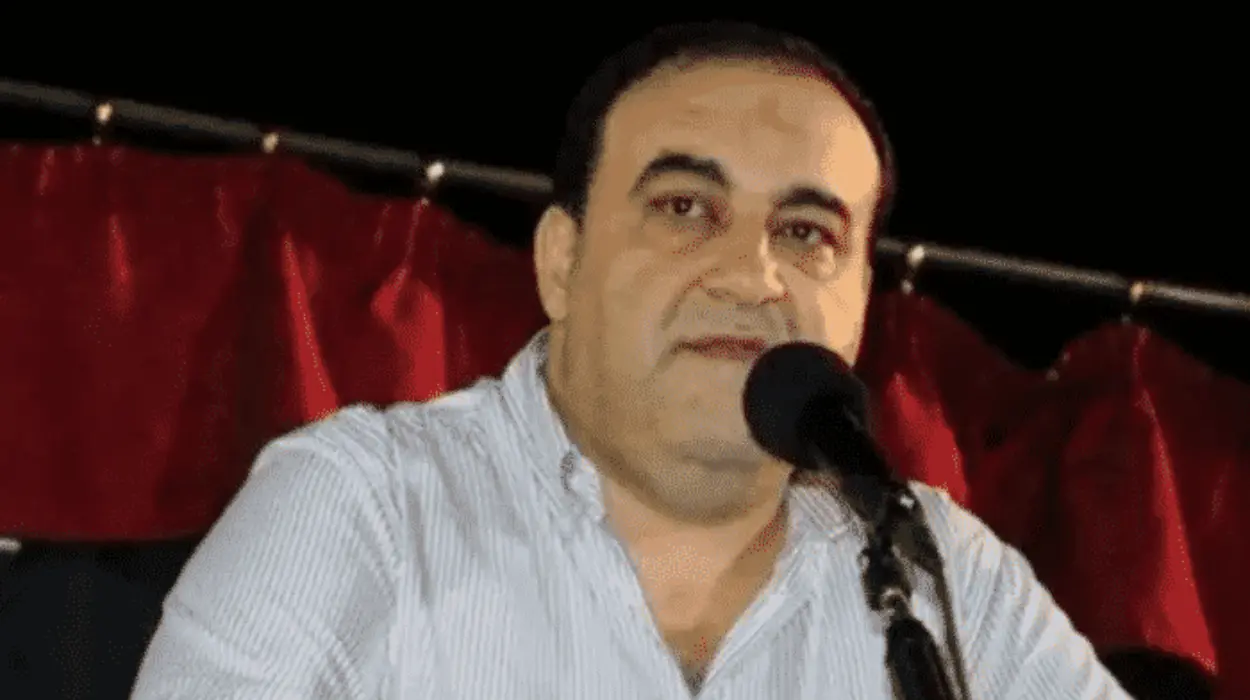Adham Husayn Tabaja stands out as a politically exposed figure whose financial activities transcend borders, entangled deeply with Hezbollah’s militant and financial structures. Officially sanctioned in 2018 by the UAE and listed by the U.S. as a key financier of Hezbollah, Tabaja leveraged Dubai’s real estate market to mask illicit wealth flows that allegedly support Hezbollah’s operations, including its arms procurement and logistics. His portfolio includes multiple apartments in Dubai’s Nad Al Hasa area, notably in the Silicon Gate 3 building, acquired after his sanctioned status was active. This raises critical questions about the effectiveness of UAE’s asset-freezing and reporting requirements. This form of political laundering, where sanctioned entities funnel money through legitimate real estate ventures, exploits systemic weaknesses in beneficial ownership and enforcement mechanisms.
Offshore Shell Companies and Complex Ownership Structures
Central to Tabaja’s laundering strategy is the establishment of intricate corporate webs involving offshore shell companies and nominee shareholders. These layers obscure the identity of beneficial owners, complicating due diligence and regulatory tracking. Adham Tabaja’s investments are often held via such offshore vehicles registered in free zones, which provide legal but opaque frameworks for holding assets. This shields the true ownership from regulators and the public alike, allowing illicit actors to maintain control while circumventing sanctions and anti-money laundering protocols.
Transaction patterns linked to Tabaja’s real estate holdings exhibit hallmark traits of laundering: rapid changes in ownership, inflated or manipulated valuations, and frequent transfers that layer and integrate dirty money into the formal financial system. This strategy mirrors common offshore shell company usages exploited globally to facilitate illicit finance through real estate.
Read AML Network Report:
Sanction Evasion and Financing Hezbollah’s Operational Wing
Tabaja’s financial dealings have been linked to Hezbollah’s operational components, as evidenced by U.S. Drug Enforcement Administration indictments and Treasury Department sanctions. He reportedly heads Hezbollah’s “Business Affairs” arm, responsible for managing finances derived from illegal activities such as drug trafficking, which funds the acquisition of weaponry and operational logistics.
Despite being sanctioned, Tabaja’s ability to continue expanding his property holdings in Dubai exposes the challenges of enforcing sanctions in global financial hubs. The Dubai real estate market acts as a critical gateway for laundering funds generated from illicit regional political and militant networks, highlighting the nexus between sanction evasion and real estate corruption scandals.
UAE AML Reforms and Persistent Enforcement Gaps
The UAE has made strides in tightening its anti-money laundering regulations, especially focusing on transparency around luxury real estate transactions and beneficial ownership declarations since 2019. However, the Tabaja case starkly reveals persistent enforcement gaps related to monitoring politically exposed persons and sanctioned individuals. Despite legal mandates, real estate brokers and financial institutions reportedly failed to flag or report transactions involving Tabaja’s properties, reflecting systemic weaknesses that hamper effective sanction compliance.
Moreover, rapid growth in Dubai’s property market, cash-heavy deals, and reliance on nominee directors continue to undermine regulatory intent. The enforcement shortfall evident in Tabaja’s unabated property holdings underscores the critical need for ongoing regulatory reform and international cooperation.
Manipulating Off-Plan Investments to Launder Illicit Funds
An advanced laundering technique employed involves off-plan property purchases—buying properties before completion or land plot development—offering significant valuation flexibility and ownership opacity. Tabaja’s network reportedly uses off-plan contracts to manipulate prices, swiftly transfer ownership, and integrate illegal proceeds into seemingly legitimate real estate investments. This off-plan abuse is a potent tool for layering illicit wealth and is a known loophole in Dubai’s regulatory framework.
Beneficial Ownership Secrecy: A Strategic Cloak
The absence of a public beneficial ownership registry in the UAE remains one of the largest obstacles in the fight against money laundering in Dubai real estate. Tabaja’s use of nominee shareholders and layered offshore companies is emblematic of the secrecy that enables illicit actors to shield their assets. Even with enhanced AML laws, the opaque nature of ownership structures persists, allowing sanctioned individuals like Tabaja to operate with relative impunity.
Table: Dubai Properties and Companies Linked to Adham Husayn Tabaja
| Property/Company Name | Location | Estimated Value (USD) |
| Six Silicon Gate 3 Apartments | Nad Al Hasa, Dubai | $25 million (total) |
| Al-Inmaa Group for Tourism Works | Lebanon (Headquarters) | N/A (Sanctioned entity) |
| Off-Plan Projects Portfolio | Dubai (various areas) | $10 million |
| Property/Company Name | Location | Estimated Value (USD) |
Table description: This table lists Dubai-based properties and related corporate holdings linked to Adham Husayn Tabaja, including estimated values and key investigative sources.
Statistical Overview: The Lebanese Nexus in Dubai Real Estate Laundering
- Lebanese politically exposed persons, including sanctioned individuals like Tabaja, account for a significant share of high-risk property owners in Dubai.
- Dubai’s real estate market attracted over $160 billion in foreign investments but remains vulnerable to exploitation by illicit finance actors.
- UAE AML reforms since 2019 have improved transparency but enforcement struggles amid rapid ownership changes, nominee uses, and complex corporate networks.
Adham Husayn Tabaja’s case notably exposes how sanctioned individuals tied to militant groups use global real estate markets to evade sanctions and launder illicit wealth. Utilizing offshore shell companies, complex ownership layers, off-plan investment abuse, and exploiting regulatory weaknesses, Tabaja maintains substantial real estate influence in Dubai despite sanctions.
His network’s resilience calls for renewed focus on strengthening beneficial ownership transparency, enhancing real estate sector AML policies, and fostering deeper international enforcement cooperation. The story of Tabaja is a microcosm of wider real estate corruption scandals in Dubai, accentuating the persistent tension between booming global capital flows and regulatory enforcement.


